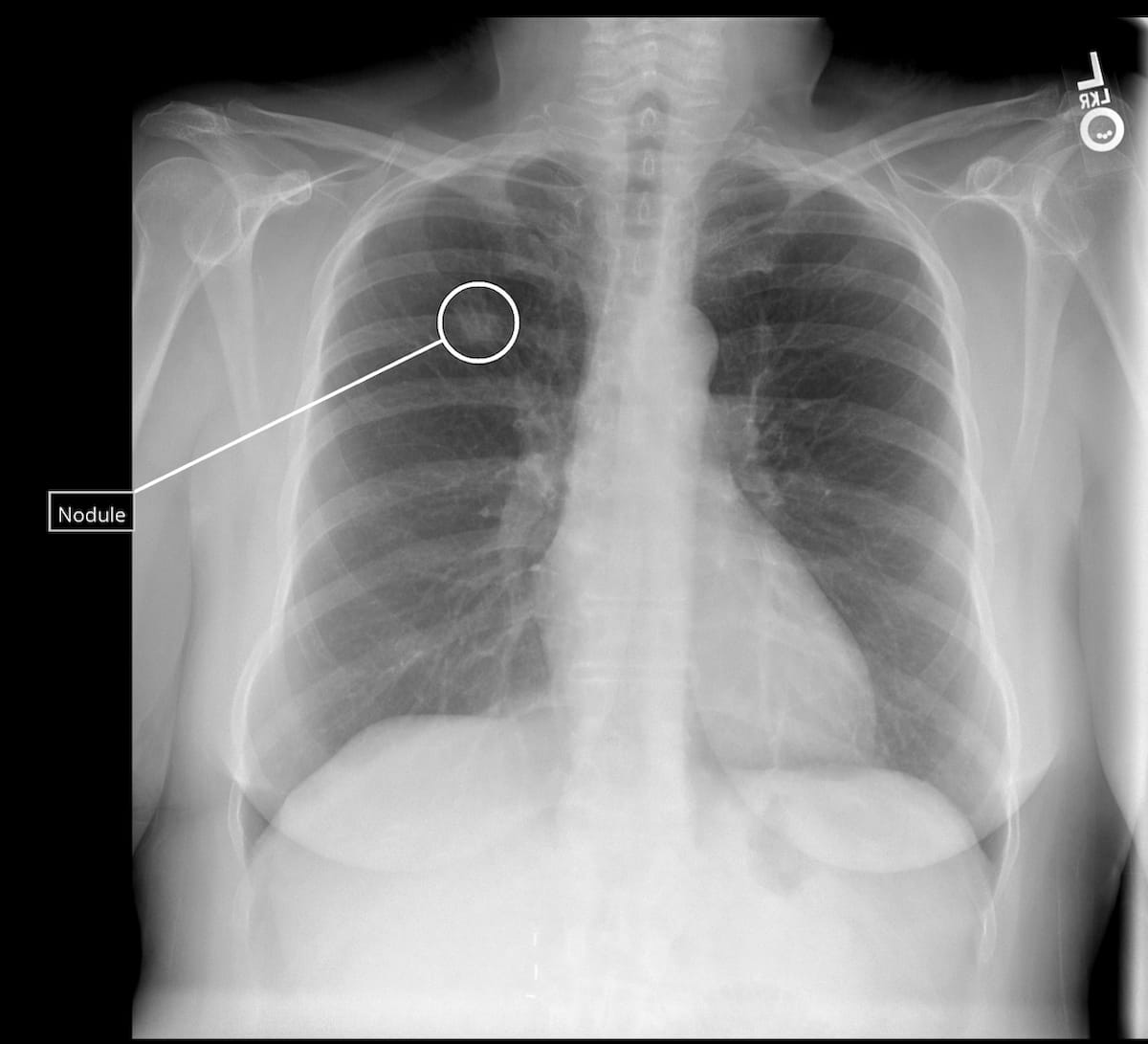Qure.ai to Debut Multimodality AI Platform for Lung Cancer Imaging at ASCO 2024
In addition to detecting missed lung nodules on X-rays, the AI-powered Qure.ai lung cancer continuum platform reportedly automates lung nodule measurement on CT scans and facilitates multimodality reporting.
Offering multimodality potential in detecting, monitoring, and reporting of lung cancer, Qure.ai will introduce an artificial intelligence (AI)-enabled lung cancer continuum platform at the upcoming 2024 American Society of Clinical Oncology (ASCO) Annual Meeting in Chicago.
Key attributes of the lung cancer continuum platform include AI-enabled lung nodule measurement and tracking of volumetric growth of disease, according to Qure.ai, the developer of the platform. The company said the lung cancer continuum platform enables monitoring of drug efficacy, provides triage prioritization, and facilitates multimodality reporting.
Key attributes of the Qure. ai lung cancer continuum platform, slated to debut at the American Society of Clinical Oncology (ASCO) Annual Meeting in Chicago, include AI-enabled lung nodule detection, measurement and tracking of volumetric growth of lung disease, according to Qure.ai, the developer of the platform. (Image courtesy of Qure.ai.)

Qure.ai also emphasized the capability of the lung cancer continuum platform to improve early detection of lung cancer through detection of lung nodules missed on X-rays.
“Artificial intelligence for lung cancer powers early detection, not just as part of existing screening programs, but by finding small pulmonary nodules, often opportunistically, during general health-care imaging procedures,” noted Prashant Warier, the CEO and co-founder of Qure.ai. “This enables earlier identification and referral for imaging or treatment pathways. It also helps overcome the ongoing challenges of low lung cancer screening appointment uptake rates.”
Newsletter
Stay at the forefront of radiology with the Diagnostic Imaging newsletter, delivering the latest news, clinical insights, and imaging advancements for today’s radiologists.
Mammography Study: AI Facilitates Greater Accuracy and Longer Fixation Time on Suspicious Areas
July 8th 2025While noting no differences in sensitivity, specificity or reading time with adjunctive AI for mammography screening, the authors of a new study noted a 4 percent higher AUC and increased fixation time on lesion regions.